
Kód: 04546522
God Owes Us Nothing
Autor Leszek Kolakowski
This volume presents a new interpretation of a centuries-long debate in Christianity: how to reconcile the existence of evil in the world with the goodness of an omnipotent God. In Augustinian doctrine, evil is the absence of good ... celý popis
- Jazyk:
 Angličtina
Angličtina - Vazba: Pevná
- Počet stran: 248
Nakladatelství: University of Chicago Press, 1995
- Více informací o knize

3076 Kč
Dostupnost:
50 % šance Máme informaci, že by titul mohl být dostupný. Na základě vaší objednávky se ho pokusíme do 6 týdnů zajistit.
Máme informaci, že by titul mohl být dostupný. Na základě vaší objednávky se ho pokusíme do 6 týdnů zajistit.Prohledáme celý svět
Mohlo by se vám také líbit
-

Horse and His Boy
223 Kč -

Dance for your Daddy
494 Kč -

Snail and the Whale
389 Kč -

Formative Classroom Assessment
1096 Kč -

Full Throttle
547 Kč -

Flaubert and Don Quijote
3012 Kč -

End Times Made Simple
481 Kč
Dárkový poukaz: Radost zaručena
- Darujte poukaz v libovolné hodnotě a my se postaráme o zbytek.
- Poukaz se vztahuje na celou naši nabídku.
- Elektronický poukaz vytisknete z e-mailu a můžete ihned darovat.
- Platnost poukazu je 12 měsíců od data vystavení.
Informovat o naskladnění knihy
Zadejte do formuláře e-mailovou adresu a jakmile knihu naskladníme, zašleme vám o tom zprávu. Pohlídáme vše za vás.
Více informací o knize God Owes Us Nothing
Nákupem získáte 308 bodů
 Anotace knihy
Anotace knihy
This volume presents a new interpretation of a centuries-long debate in Christianity: how to reconcile the existence of evil in the world with the goodness of an omnipotent God. In Augustinian doctrine, evil is the absence of good, God is omnipotent, and individuals are predestined to salvation or damnation. We are powerless to influence God's bestowal of grace by either word or deed: in short, God owes us nothing. Augustine's view was attacked as unduly harsh by the 4th-century monk Pelagius, whose followers believed that humans can earn grace through good acts. The Church condemned this teaching as heresy, but controversies concerning evil, free will, divine omnipotence, grace, and predestination continued over the centuries. In the 17th century, the theologian Jansenius returned to Augustinian doctrine and created his own heresy: he repudiated free will, accepted predestination and taught that God is free to bestow grace upon the wicked and withhold it from the good; because of original sin, no one is deserving of grace. Renowned as a philosopher with deep religious sensitivities, Kolakowski confronts this controversy. He argues that the teachings of Jansenius and Augustine both reflect the very principles and spirit upon which the Church was founded, and to reject one is to reject the other. His central thesis is that by condemning Jansenism, the Church also found a way to abandon its 1000-year adherence to the doctrines of Saint Augustine. Kolakowski continues this critical encounter with an examination of Pascal, whose powerful moral philosophy has roots in Jansenism. Pascal affirmed the divine omnipotence of God in his famous Wager: if God does not exist, nothing is lost by not having faith; if God does exist, the believer gains eternal life through faith. Kolakowski interprets the Wager as a sign of the limitations of reason and a necessity for a mystical faith. Pascal's religion is thus true both to the spirit of Jansenius and of Augustine.
 Parametry knihy
Parametry knihy
Zařazení knihy Knihy v angličtině Humanities Religion & beliefs Religion: general
3076 Kč
- Plný název: God Owes Us Nothing
- Podnázev: Brief Remarks on Pascal's Religion and on the Spirit of Jansenism
- Autor: Leszek Kolakowski
- Jazyk:
 Angličtina
Angličtina - Vazba: Pevná
- Počet stran: 248
- EAN: 9780226450513
- ID: 04546522
- Nakladatelství: University of Chicago Press
- Hmotnost: 440 g
- Rozměry: 220 × 145 × 25 mm
- Datum vydání: 09. November 1995
Oblíbené z jiného soudku
-

Waking Up
323 Kč -
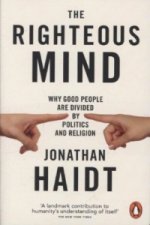
The Righteous Mind
356 Kč -

End of Faith
279 Kč -

Death
103 Kč -
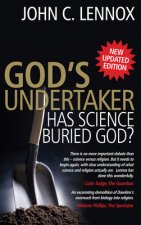
God's Undertaker
303 Kč -
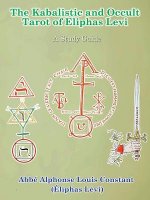
Kabalistic and Occult Tarot of Eliphas Levi
797 Kč -
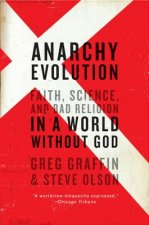
Anarchy Evolution
383 Kč -

Original Aramaic New Testament in Plain English with Psalms & Proverbs (8th Edition Without Notes)
858 Kč -
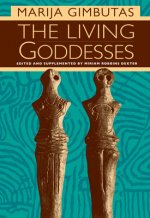
Living Goddesses
898 Kč -

Scientific Healing Affirmations
175 Kč -

Conversations With God
334 Kč -

The Psychology of Selling
383 Kč -
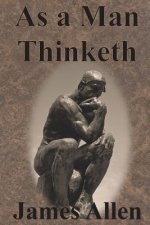
As a Man Thinketh
181 Kč -

Holy Bible
960 Kč -

Encyclopedia of Demons in World Religions and Cultures
1467 Kč -

American Cosmic
651 Kč -

Bhagavad Gita
196 Kč -

Koran
524 Kč -

Secular Age
638 Kč -

Mabon
292 Kč -

Religion for Atheists
378 Kč -
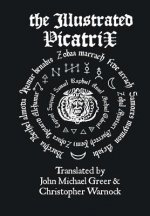
Illustrated Picatrix: the Complete Occult Classic of Astrological Magic
1505 Kč -

Cosmic Chemistry
410 Kč -

Princess Majestic Bible Tabs
214 Kč -
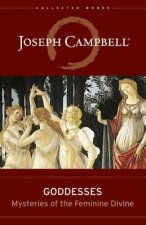
Goddesses
560 Kč -
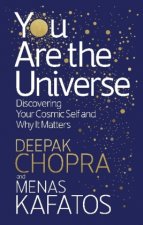
You Are the Universe
410 Kč -

Good Morning, Holy Spirit
410 Kč -
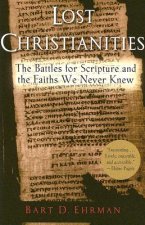
Lost Christianities
459 Kč -

Enuma Elish
459 Kč -

Golden Bough
472 Kč -

Mary Magdalene and the Divine Feminine
397 Kč -
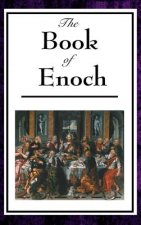
Book of Enoch
567 Kč -
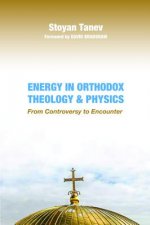
Energy in Orthodox Theology and Physics
990 Kč -

History of God
356 Kč -

Religions Book
574 Kč -
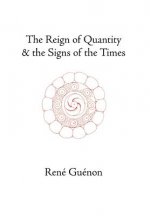
Reign of Quantity and the Signs of the Times
941 Kč -

Magic: History, Theory, Practice
574 Kč -
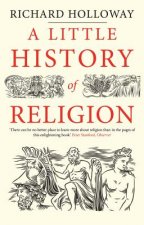
Little History of Religion
322 Kč -
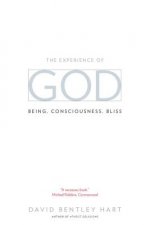
Experience of God
447 Kč -
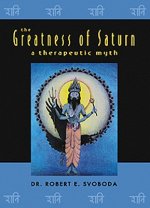
The Greatness of Saturn
381 Kč -
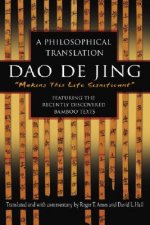
Dao De Jing
454 Kč -
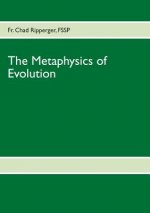
Metaphysics of Evolution
332 Kč -
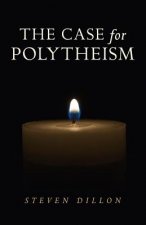
Case for Polytheism
359 Kč -

History of Israel, Fourth Edition
1266 Kč -
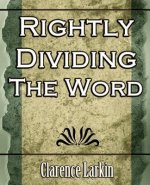
Rightly Dividing the Word (Religion)
884 Kč -
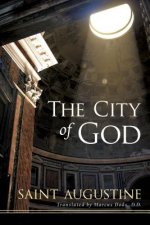
City of God
474 Kč -

Fallen Angels and the Origins of Evil
451 Kč -
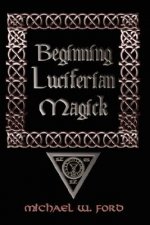
Beginning Luciferian Magick
505 Kč -
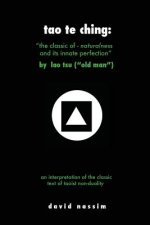
Tao Te Ching - by Lao Tsu
438 Kč
Osobní odběr Praha, Brno a 12903 dalších
Copyright ©2008-24 nejlevnejsi-knihy.cz Všechna práva vyhrazenaSoukromíCookies


 Vrácení do měsíce
Vrácení do měsíce 571 999 099 (8-15.30h)
571 999 099 (8-15.30h)